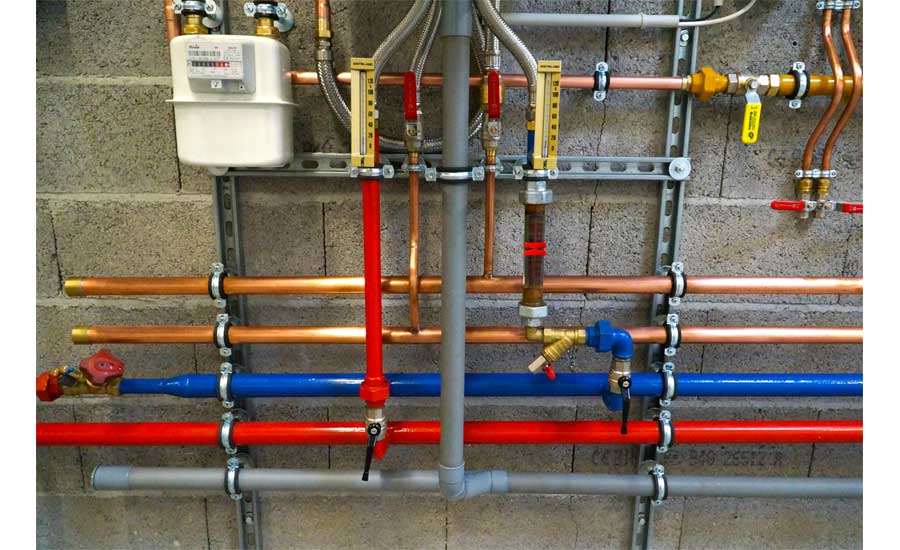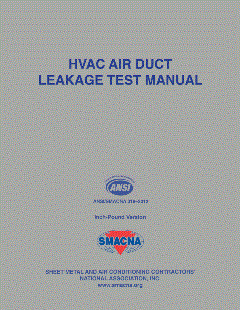Can HVAC Contractors Add Plumbing to Their Service Offering?
Plumbing by any other name is still a service

PLUMBING OVERLAPS: The piping skills required in plumbing are the same used to install hydronic baseboard systems. Servicing boilers and water heaters, gas piping, and venting all overlap as well.
“What’s in a name?” It’s a famous question from Shakespeare’s Romeo and Juliet where Juliet ponders why Romeo had to be a Montague as opposed to a Capulet. “That which we call a rose by any other name would smell as sweet,” she said — and quite frankly, she has a point.
Heating and plumbing are two different trades and, by name, indicate vast differences. They do, however, have something in common — they are both home services.
Together, these skilled trades represent a combination of services that is becoming ever more popular with HVAC and plumbing contractors alike. Just ask Daniel Squires, president of Vincent’s Heating & Plumbing in Port Huron, Michigan. Prior to 1986, the company was named Vincent’s Plumbing & Heating. That’s right — it started out as a plumbing company that added HVAC. The reason for the name change was that the company shifted its emphasis from plumbing to heating.
Why the shift?
“In Michigan, you either have to hire a licensed master plumber or find a retired licensed master plumber who you can pay to cover you with their license,” Squires explained. “To this, add the fact that in order to be legal, all but the simplest plumbing tasks must be performed by a licensed journeyman plumber. These obstacles have a real impact on manpower.”
Is Plumbing Worth It?
Understanding that regional licensing issues could cause some trouble, those reading this might ask, “Is it worth it then to add plumbing to our mix?” Don’t ask Romeo and Juliet; this is where the metaphor ends. But there can actually be a lot of overlap with HVAC and plumbing, especially in markets where hydronic installations are growing in popularity. Squires explained that the piping skills required in plumbing are the same used to install hydronic baseboard systems. Servicing boilers and water heaters, gas piping, and venting all overlap as well. As for the troubleshooting and the tools, Squires said that the troubleshooting skills needed to diagnose an inoperative forced air furnace are much the same as those needed to diagnose an inoperative boiler. Add in a set of pipe wrenches and a soldering kit or press tool, which are used commonly in both trades, and a contractor would be well on their way to adding plumbing to their business.
Despite these commonalities, there are a few more things to consider.
“I think the two biggest considerations are state licensing requirements and manpower availability,” said Squires. “In Michigan, in order to have a plumbing business, you need to have both a Michigan plumbing contractor license and a licensed Michigan master plumber license.”
He holds both of these licenses for his company, but it was a process to earn them himself. The effort is worth it, according to Squires, but he cautions contractors looking to add plumbing to their business mix to do some research on the licensing required in their individual state. For Michigan it is doable, but there is some tough sledding ahead.
“Fortunately, on the mechanical side of the business we do not have all of these restrictions and as a result, that side of the business is larger for us,” said Squires. “When you consider how difficult it is to find manpower for HVAC, it is even more difficult to find licensed plumbers, at least in Michigan. Businesses in other states without such a restrictive licensing structure will have it easier.”
Think About It
With all these hoops to jump through, adding plumbing to the name above your business may seem like it’s not worth the hassle. For some, that might be true, but if you are in a state that makes it a little simpler to run a plumbing business, you may have found your next gold mine. Business decisions like this take time to research. There has to be a process put in place to manage the plumbing side of an HVAC business. It may be better to start small and simply expand your hydronic offerings. Either way, it’s worth the time to consider.
Now, one last question: “Who’s up for adding electrical?”










